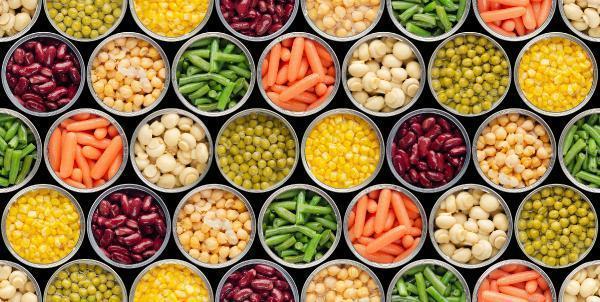
The looming energy crisis in Europe and the war in Ukraine that hampers production in the continent offer huge opportunities for Turkish agriculture products exporters, according to people from the industry.
There have been reports suggesting that farmers in Europe stop production and greenhouses are closing. But at a time when farmers in the continent are struggling with those challenges, producers in Türkiye, which is not experiencing an energy crisis, enjoy a rather stable situation, which give local agricultural companies advantages in the European market.
The question however is whether Türkiye will be able to maintain this position once trade returns to normal after the war is over and what should be done to consolidate the market power.
“Germany has been hit particularly hard. Agriculture production in the Netherlands, Spain and Belgium has declined around 30 to 40 percent. Given this picture, supermarket chains in Europe are turning to Türkiye to secure supplies,” said Mirbey Adam, who has been exporting fruit and vegetables to Germany over the past 40 years, noting that deals have been signed with those supermarkets.
“Türkiye now has a huge opportunity. If we can take advantage of the situation properly this winter, we can easily increase our revenues from fruit and vegetable exports from $3.5 billion to $10 billion,” he said.
Adam voiced optimism that export revenues may even climb to $35 billion over the next two years.
Türkiye’s geographical location also works to its advantage especially when it comes to export of tropical fruits, according to Mustafa Ezici, who engages in production of those produce.
Production of tropical fruits offer livelihoods to many farmers in the province of Antalya and the district of Alanya.
“The EU imports 650,000 tons of mango annually, of which 132,000 tons come from Brazil and 55,000 tons from Southern Asia. But the shipment from those destinations takes between 19 to 35 days, whereas locally grown mangos could be delivered to Europe in three to four days or 80 countries within three hours’ flight,” he said, noting that Türkiye’s main competitors are Israel, Egypt and Spain.